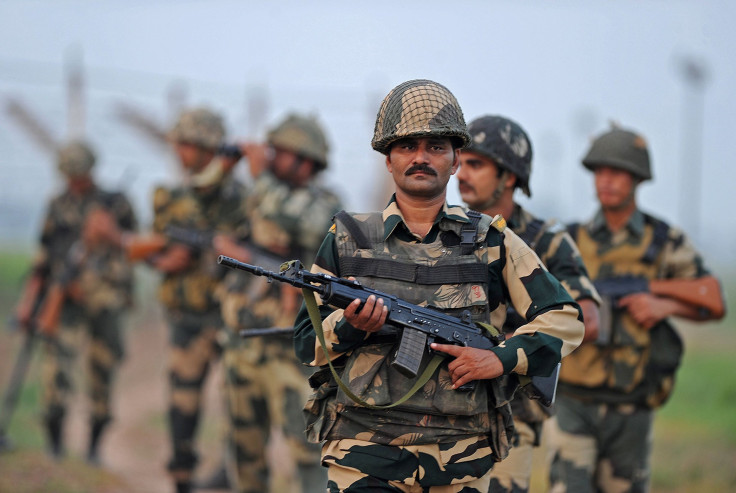India-Pakistan Conflict: Did India’s ‘Surgical Strikes’ In Kashmir Actually Happen?

The extent of the challenge of getting neighbors India and Pakistan to halt hostilities over the contested region of Kashmir has been laid bare by a continued war of words over what exactly happened on the night of Sept. 29.
India claimed it carried out “surgical strikes” that night across the Line of Control (LoC) that divides Kashmir into Indian- and Pakistani-controlled regions. The raid was retaliation for an attack by militants on an Indian army base that killed 18 and for which India blamed Pakistan and Pakistan maintains it bore no responsibility.
India has insisted it caused “significant casualties” with the strikes, a public pronouncement that is precedent setting. While they may have occurred previously, India’s government has never previously made any cross-border raids public, and Pakistan officials have said that they would interpret them as an act of war.
Yet since that night Pakistan has denied the strikes even took place. Instead, it says that there was an exchange of fire across the LoC, in which two Pakistani soldiers were killed.
“The notion of surgical strike linked to alleged terrorists' bases is an illusion being deliberately generated by India to create false effects," the Pakistani military said in a statement at the time. "This quest by Indian establishment to create media hype by rebranding cross-border fire as surgical strike is fabrication of truth."
The Indian-controlled area of Kashmir, the state of Jammu and Kashmir, has a majority Muslim population and has a number of separatist groups fighting Indian rule. India has repeatedly accused Pakistan of not taking a hard enough line with terrorists, something Pakistan has vehemently denied.
The fact that the strikes described by India would validate claims of terrorist groups in Pakistan territory is one of the reasons why Pakistan would potentially want to deny their existence. It would also be an admittance of the Indian army’s success against its Pakistani counterparts, while also painting Pakistan into a corner where it would have to respond in a way that could lead to a full-blown war between two countries with vast nuclear weapon stockpiles.
The truth could soon be revealed with the Indian armed forces reportedly giving approval for the government to release video footage of the “surgical strikes.”
In the meantime, the Indian media believes there is already substantial evidence that the raids did occur. The Indian Express on Wednesday published a detailed report of what happened in the early hours of the morning on Sept. 29, comprised from what the newspaper says are numerous eyewitness accounts.
Meanwhile, India’s CNN News 18 has claimed that it secretly recorded a senior Pakistan police official revealing details about the “surgical strikes.” The official in question, though, Ghulam Akbar, has denied the conversation took place.
The tale of claims and denials is not just between India and Pakistan but between key factions within Pakistan. A report from Pakistan publication Dawn on Thursday claimed that the civilian government led by Prime Minister Nawaz Sharif has told the military leadership to allow action against militant groups, adding credence to the story that the strikes have had an effect.
The story was later denied by Sharif’s spokesman.
© Copyright IBTimes 2025. All rights reserved.





















